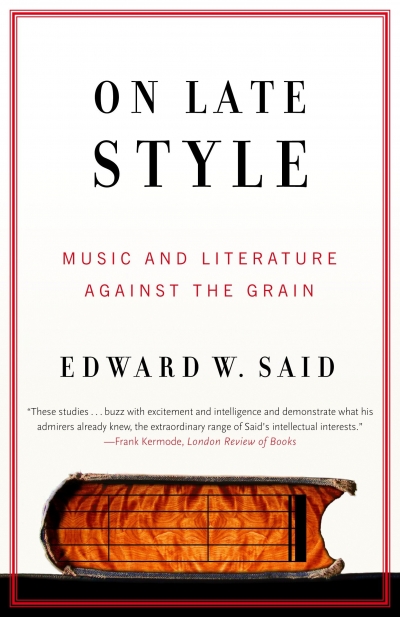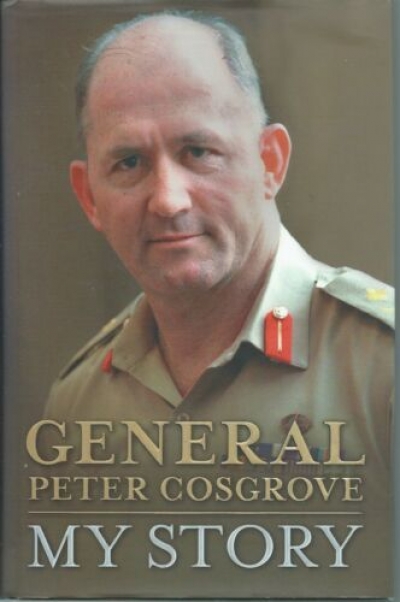Accessibility Tools
- Content scaling 100%
- Font size 100%
- Line height 100%
- Letter spacing 100%
Archive
The ABR Podcast
Released every Thursday, the ABR podcast features our finest reviews, poetry, fiction, interviews, and commentary.
Subscribe via iTunes, Stitcher, Google, or Spotify, or search for ‘The ABR Podcast’ on your favourite podcast app.
‘Where is Nancy?’ Paradoxes in the pursuit of freedom
by Marilyn Lake
This week on The ABR Podcast, Marilyn Lake reviews The Art of Power: My story as America’s first woman Speaker of the House by Nancy Pelosi. The Art of Power, explains Lake, tells how Pelosi, ‘a mother of five and a housewife from California’, became the first woman Speaker of the United States House of Representatives. Marilyn Lake is a Professorial Fellow at the University of Melbourne. Listen to Marilyn Lake’s ‘Where is Nancy?’ Paradoxes in the pursuit of freedom’, published in the November issue of ABR.
Recent episodes:
The Great Mistakes of Australian History by Martin Crotty and David Andrew Roberts
On Late Style: Music and literature against the grain by Edward W. Said
The Dark Part of Me by Belinda Burns & The Pilo Family Circus by Will Elliott
Australian Historical Studies edited by Joy Damousi & Australian Historical Studies edited by Shurlee Swain and Stuart Macintyre
The Best Australian Poetry 2006 edited by Judith Beveridge & The Best Australian Poems 2006 edited by Dorothy Porter
General Peter Cosgrove by Peter Cosgrove & Cosgrove by Patrick Lindsay
I put away my eyes for the night.
I forget dreams,
perhaps I don’t have them any more,
not close at hand.
I’m not book-sick from the gloomy others.
I haven’t read a word in years.
In me, drink-nettles – I’ve a glass with the same stings,
and ice which comes out as clear sweat on
this side of my skin,
the right-way-up for drying.









